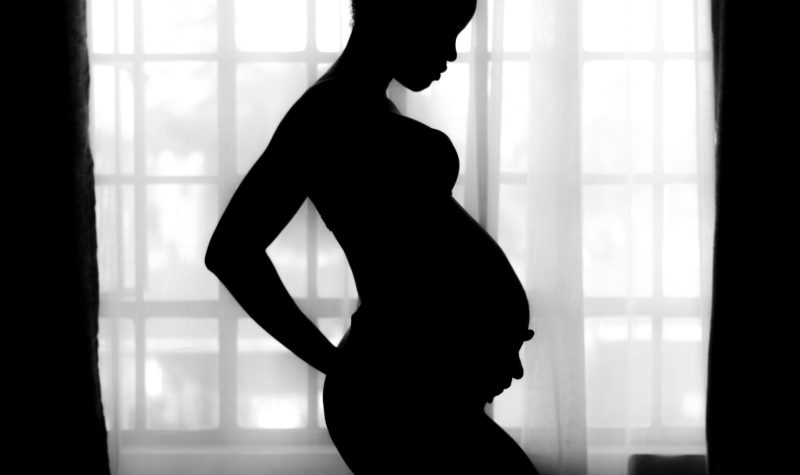By Jess Goldson
To learn more about the state of women's reproductive health amidst the pandemic, CJRU speaks with health care providers Amoy Jacques and Courtney Steele. Jacques is a kinesiologist, public health researcher, co-founder and co-owner of WombCare. Through her work, she highlights geographic and racial inequities in women’s reproductive health. Steele is a physiotherapist at Cornerstone Physiotherapy with insight on the impact of COVID-19 on prenatal and postpartum care.
Jacques reflects on the high rates of COVID-19 in Black communities and the resulting call for race-based data.
“Now is the time where we need to pivot. And especially as marginalized communities, come together and determine how is it that we want to encounter our healthcare system in a brand-new way that is really going to serve us,” Jacques says.
Jacques describes the ways in which conditions such as endometriosis, uterine fibroids, and pelvic floor disorders impact pregnancy, noting the barriers in the health care system facing Black women in particular.
"There's so much more that needs to be had in terms of understanding what that person is going through. And specifically for Black women, dismantling this belief that we don't feel pain and that we need to power through every single challenge that we face,” Jacques says.
Courtney Steele describes the impact of COVID-19 on the care she provides and the new avenues it's creating.
“Specifically with new moms, typically we don't see them until six weeks [postpartum] because of healing time. And so, we wouldn't be doing our type of assessment until that time frame anyway. But with the virtual online, it allowed us to touch base with them faster and … give them care that normally they wouldn't have access [to],” Steele states.
Steele adds that preparing the body during prenatal and postpartum periods is critical.
“I hear that a lot from moms that haven't gone to a pelvic physio beforehand ... that they didn't know what to expect. And they wish they had been told about this beforehand.”
To learn more, listen to the CJRU interview below. This story is the third story in a four-part Waves of Knowing series centred on women's reproductive health and family planning.


